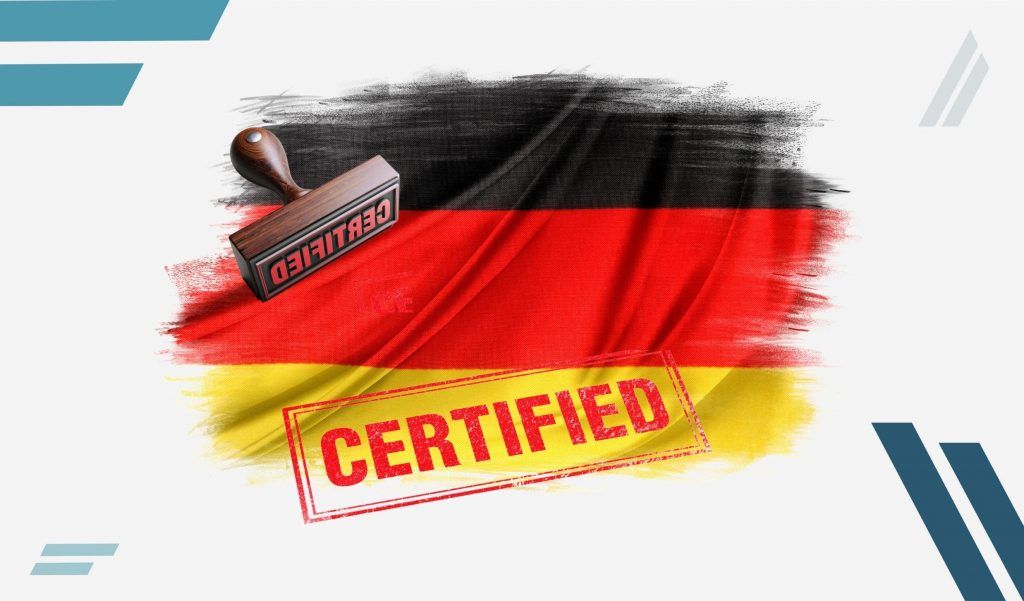Germany: Where Every Detail Counts, Every Document Matters
German culture places a high value on organization, precision, and thoroughness. Documentation is viewed as a reflection of these cultural values, demonstrating attention to detail, reliability, and professionalism. Proper documentation is considered essential for credibility and trustworthiness.
Legal documents such as birth certificates, marriage certificates, and passports are essential for proving identity, citizenship, and marital status. Additionally, documents like contracts, wills, and property deeds are crucial for legal transactions and agreements. Various administrative procedures in Germany require documentation. This includes applying for permits, licenses, visas, and residency permits. Documents such as ID cards, residence permits, and vehicle registration papers are essential for navigating administrative processes.
Academic transcripts, diplomas, and certificates are important for education and employment purposes. These documents are required for admission to educational institutions, applying for jobs, and verifying qualifications and credentials.
Health insurance cards, medical records, and prescriptions are essential documents for accessing healthcare services in Germany. Medical documentation is also important for insurance claims and reimbursement purposes.
Documents such as bank statements, tax returns, and employment contracts are important for financial transactions and managing personal finances. Proof of income and financial records may be required for loans, mortgages, and other financial arrangements.
Passports, visas, and travel documents are essential for international travel and immigration. German citizens require valid passports for travel outside the European Union, while non-citizens need visas or residence permits to enter and stay in Germany. Business licenses, permits, contracts, invoices, and financial statements are essential documents for conducting business in Germany. Compliance with regulations and documentation of transactions are necessary for legal and financial purposes.
Documents such as ID cards, driver's licenses, and social security cards serve as primary forms of personal identification and authentication. These documents are required for various everyday activities such as opening bank accounts, accessing public services, and proving age or identity.
